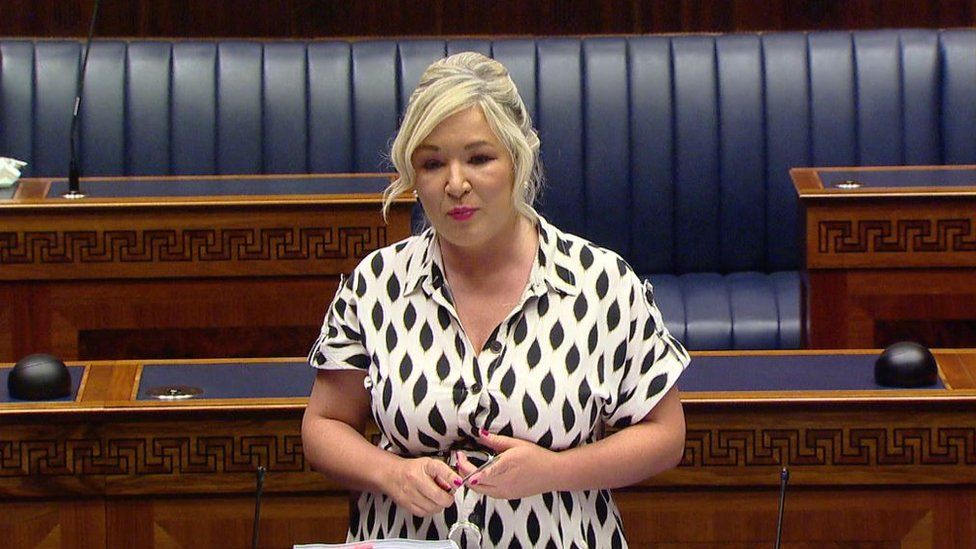WALES could be short changed as a consequence of a UK Government agreement to restore power-sharing in Northern Ireland, a Labour backbencher warned.
Alun Davies, who represents Blaenau Gwent, welcomed the deal between UK ministers and the Democratic Unionist Party (DUP) to restore devolved government in Northern Ireland.
But he told the Senedd there will be significant consequences for Wales from the deal, which would see an end to the DUP’s two-year Stormont boycott over post-brexit trade rules.
Mr Davies accused the UK Government of unilaterally changing the rules to make payments in addition to the Barnett formula to individual nations of the UK.
The deal is set to unlock a £3.3bn financial package from Westminster for Northern Ireland.
Mr Davies said: “We need to understand what the new needs-based formula is for Northern Ireland, and how it will affect the ongoing funding.
“Many of us here have been arguing for a needs-based formula for the funding of Welsh public services as well.
“And it is not right that the Welsh public be short-changed again by a UK Government that doesn’t give a damn about the people of this country.”
The former frontbencher, who tabled a topical question in the Senedd, raised concerns about the potential impact of the agreement on trade within the GB market.
Darren Millar, for the Conservatives, welcomed news of a deal, saying: “This is a good day.
“It’s a good day for devolution, particularly for people in Northern Ireland, who have been crying out for the restoration of the devolved government and, indeed, Stormont.
“I think we need to take our hats off, frankly, to Sir Jeffrey Donaldson for coming up with an agreement, against the will of many people in his own party and in the unionist community.”
Mr Millar told MSs that Wales will have a voice as part of a proposed “east-west council” aimed at fostering discussion and cooperation.
Recognising implications for trade and Welsh ports, he explained that a new body, called Intertrade, will be set up to protect the UK internal market.
He said: “That’s why it is important that an east-west council is established with a Welsh voice in it, and the Intertrade UK body also has key Welsh businesses participating in it.”
Rhun ap Iorwerth welcomed the news and described the imminent appointment of a Sinn Féin first minister as an era-defining shift in the politics of the UK.
The Plaid Cymru leader told the chamber: “The restoration of devolution in Northern Ireland is a moment to be celebrated, and I wish our friend Michelle O’Neill all the best in her role.”
He said the DUP “spurning” dual access to the EU and UK markets in recent months was hard to stomach as “that’s the kind of position that we would give our right arm for”.
Mr Iorwerth, who represents Ynys Môn, raised concerns about the £3bn financial package that underpins the agreement.
During plenary on January 31, he said the deal clearly appears to offer Northern Ireland a more preferential settlement as he called for clarity on any consequential funding.
Mick Antoniw, for the Welsh Government, stressed the devil will be in the detail that follows the “framework” paper, entitled Safeguarding the Union, published by the UK Government.
He said: “It’s very clear that some of that sum that is made up relates to past pay deals, past consequentials that have already been received around the UK, but were unable to be implemented within Northern Ireland.
“It’s not clear whether all that’s really happening is the backlog of all those is being accumulated together in order to make up for the past couple of years.”
Mr Antoniw agreed there will be important financial and constitutional consequences for Wales, saying: “The Barnett formula is part of our constitutional make-up.
“I’m very pleased to see the talk about the establishment of a needs-based formula. How long have we been arguing for a needs-based formula for Wales?”



















